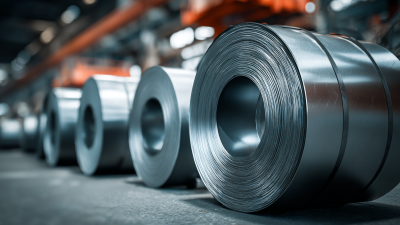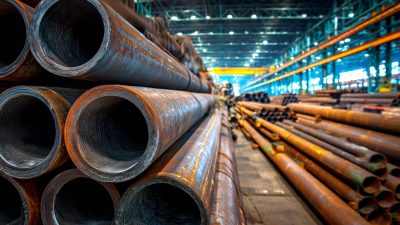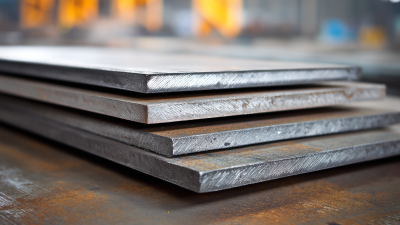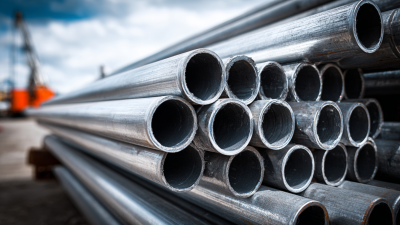Selecting the right Carbon Steel Coil size is crucial for achieving maximum strength and durability in various industrial applications. According to the World Steel Association, carbon steel accounts for approximately 90% of global steel production, highlighting its significance in construction and manufacturing.
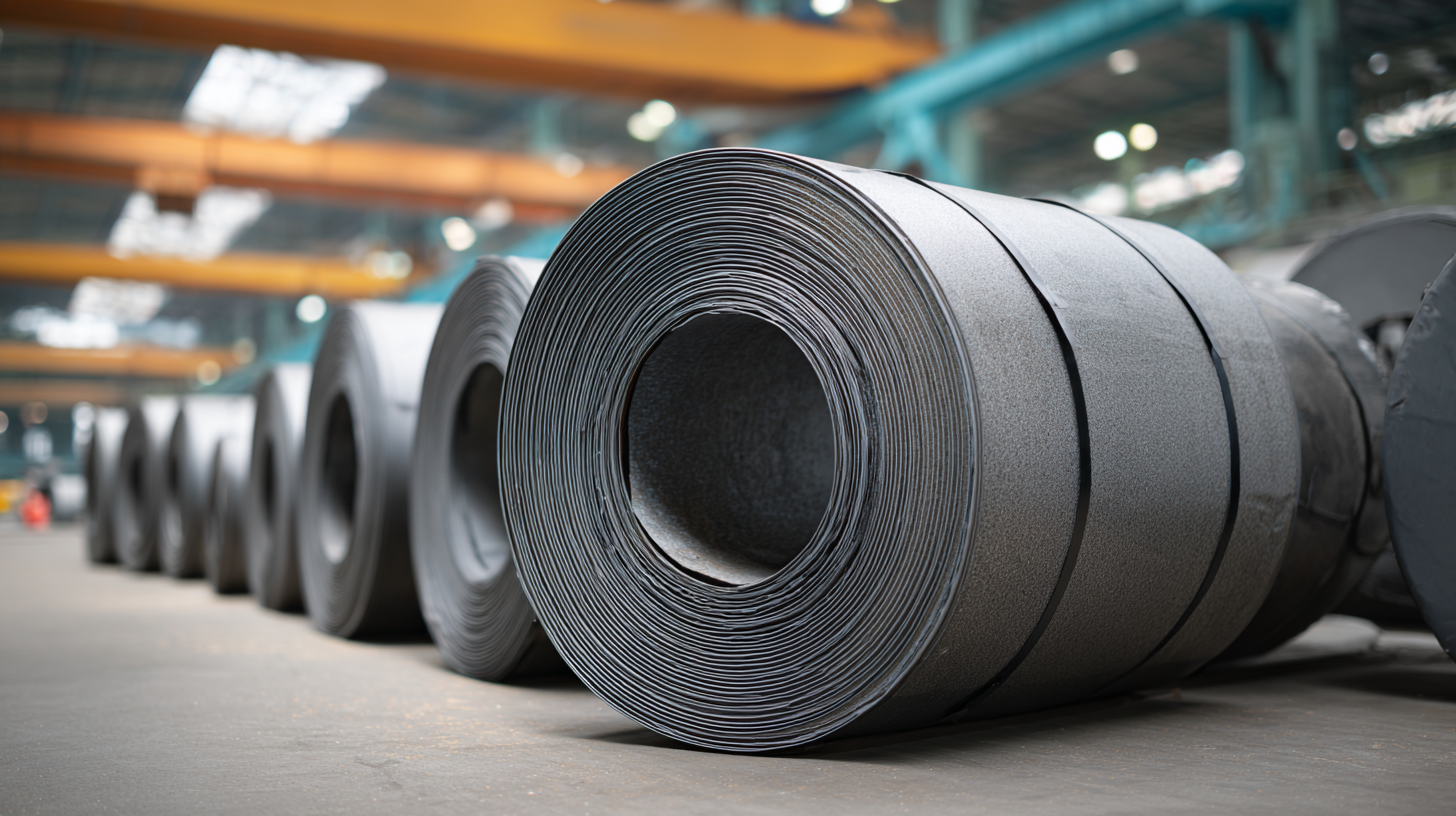
A recent industry report by Smithers Pira indicates that the demand for high-quality carbon steel products is projected to grow by 3.5% annually through 2026, underlining the need for precise specifications in coil sizes to meet stringent quality standards.
Improper sizing can lead to structural weaknesses and increased maintenance costs, thus emphasizing the importance of understanding the mechanical properties and performance metrics of carbon steel coils.
This article aims to provide key insights into selecting the appropriate coil size, helping industry professionals make informed decisions for optimal results.
When selecting carbon steel coil size, several factors significantly influence the material's strength and durability. One key aspect is the thickness of the coil. According to the Steel Servicing Center Institute, a coil thickness ranging from 0.025 to 0.187 inches is optimal for producing components that require both high strength and durability, making it essential to assess the specific needs of your application before finalizing the size. Additionally, the width of the coil plays a critical role in ensuring uniform strength across the material. Wider coils often lead to improvements in yield strength due to reduced processing stress.
Tip: Always consider the intended application when choosing coil size; different projects may benefit from varying thickness and width parameters. For instance, lighter applications may require thinner coils for flexibility, while heavier-duty applications demand thicker options for enhanced performance.
Another influential factor is the grade of carbon steel itself. High-carbon steel typically boasts greater tensile strength, which is essential for applications like construction and automotive manufacturing. The American Iron and Steel Institute reports that selecting the right grade can result in a strength increase of up to 30% compared to lower-grade options.
Tip: Refer to industry specifications and consult with suppliers to determine the most suitable carbon steel grade for your project to maximize strength and durability effectively.
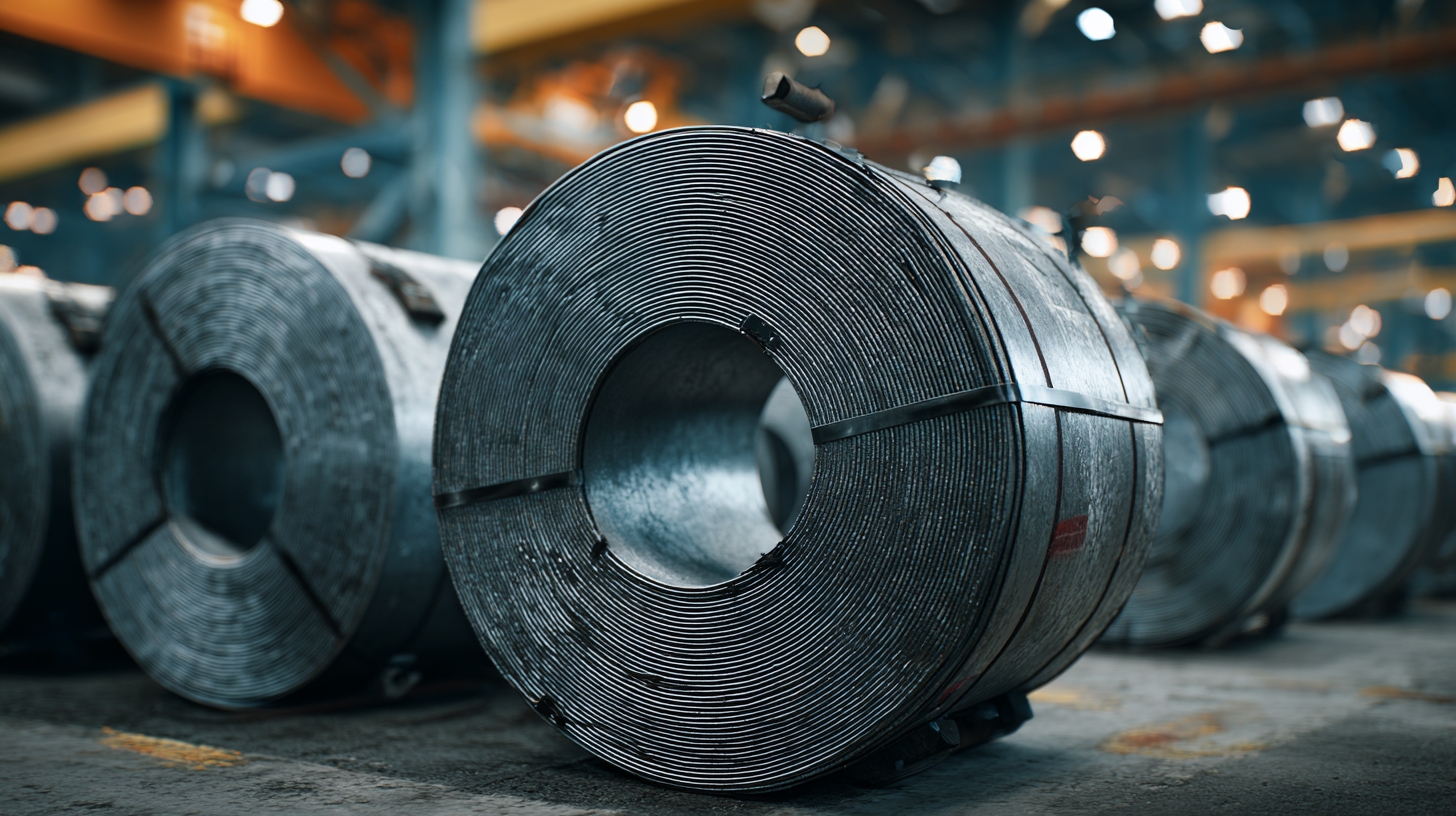
When selecting carbon steel coils, the thickness of the material plays a pivotal role in determining durability and strength. Thicker coils generally provide enhanced resistance to deformation and wear, making them ideal for heavy-duty applications. For industries such as construction and manufacturing, where structural integrity is paramount, opting for a greater thickness can help mitigate the risks associated with stress and fatigue over time.
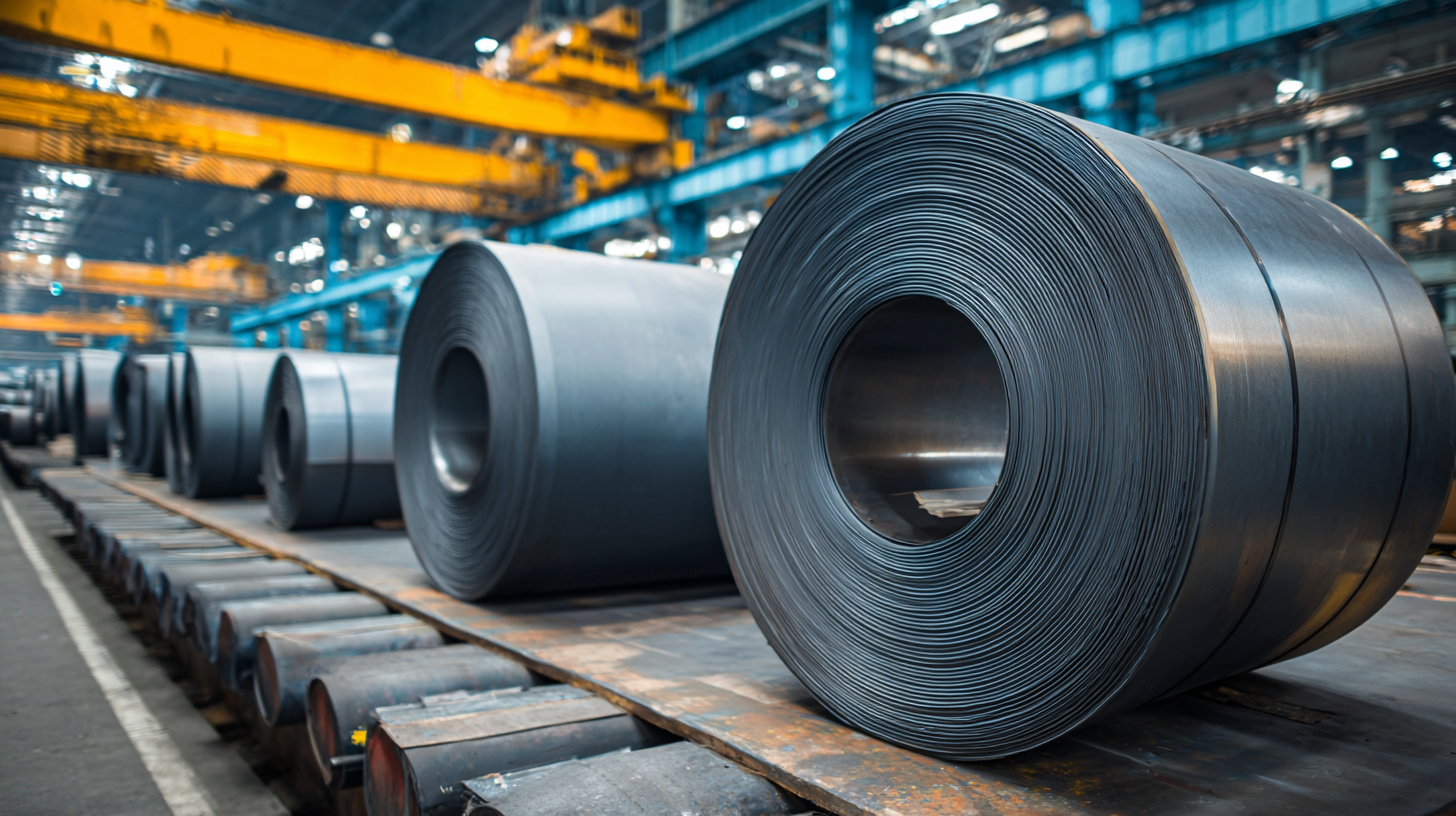
Tip: Always consider the specific requirements of your project when choosing thickness. For example, while a thickness of 3mm may suffice for lighter applications, environments exposed to high stress, heat, or corrosive elements may benefit significantly from coils that are 5mm or thicker.
Moreover, the selected thickness should align with the intended end use of the steel coil. Factors such as load-bearing capacity and environmental conditions must be assessed. This ensures that the chosen thickness not only meets industry standards but also maximizes the longevity and performance of the final product.
Tip: Consult with industry experts or engineers to identify the optimal thickness for your needs. They can provide valuable insights that take into account both regulatory compliance and innovative material usage, ensuring you make an informed decision.
When selecting the appropriate carbon steel coil size, analyzing coil width and length is crucial for ensuring optimal mechanical performance. Recent industry data indicates that variations in coil dimensions can significantly influence the material's
tensile strength and ductility.
For instance, coils with a width exceeding 1,500 mm often display enhanced strength characteristics, allowing for more efficient processing while minimizing waste during fabrication. A study from the Steel Institute noted that wider coils are particularly advantageous in heavy-duty applications, providing a greater surface area to accommodate stress without compromising structural integrity.
Length is another critical dimension that should not be overlooked. According to a report from the Global Steel Market Research Group, coils exceeding 6,000 mm in length tend to exhibit superior stability, reducing the chances of deformation during transport and handling. The optimal balance between width and length can be influenced by the specific application and manufacturing requirements, underscoring the need for careful consideration in the coil selection process. Understanding these parameters enables manufacturers to maximize the performance of carbon steel products, ensuring longevity and reliability in the field.
When selecting carbon steel coils, understanding industry standards and specifications is crucial for ensuring maximum strength and durability. These standards, set by organizations such as ASTM and ISO, provide guidelines on the mechanical properties, chemical composition, and dimensional tolerances of carbon steel coils. Adhering to these specifications not only ensures compatibility with various applications but also enhances the overall longevity of the steel product in its intended environment.
Moreover, evaluating the grades of carbon steel is essential in selecting the right coil size. Different grades, such as low, medium, and high carbon steels, exhibit varying levels of yield strength and hardness, impacting their performance under specific conditions. By aligning the coil selection with industry standards, manufacturers can optimize production processes and bolster product reliability. In essence, a thorough comprehension of these specifications allows businesses to make informed choices, ultimately contributing to the longevity and effectiveness of their steel components.
When sourcing carbon steel coils, the importance of selecting the right size cannot be underst
ated. Industry reports indicate that the tensile strength and yield strength of carbon steel can vary significantly based on the size and thickness of the coil. For example, according to a recent report by the World Steel Association, the selection of a coil thickness ranging between 1.5mm to 3mm can lead to a 10-15% increase in load-bearing capacity compared to thinner options, which is vital for industries requiring high durability in structural applications.
Testing should form an integral part of the selection process. Standards set by organizations such as ASTM specify rigorous testing methods to assess the mechanical properties of carbon steel coils. The use of non-destructive testing methods, such as ultrasonic testing, can reveal imperfections that might compromise strength and longevity. Additionally, sourcing from reputable suppliers who comply with international quality standards ensures that the material meets the specific performance criteria for its intended application, as highlighted in a study published by the American Society for Testing and Materials (ASTM). This adherence to best practices in sourcing and testing not only enhances the reliability of the final product but also reduces the risk of structural failures in critical applications.

